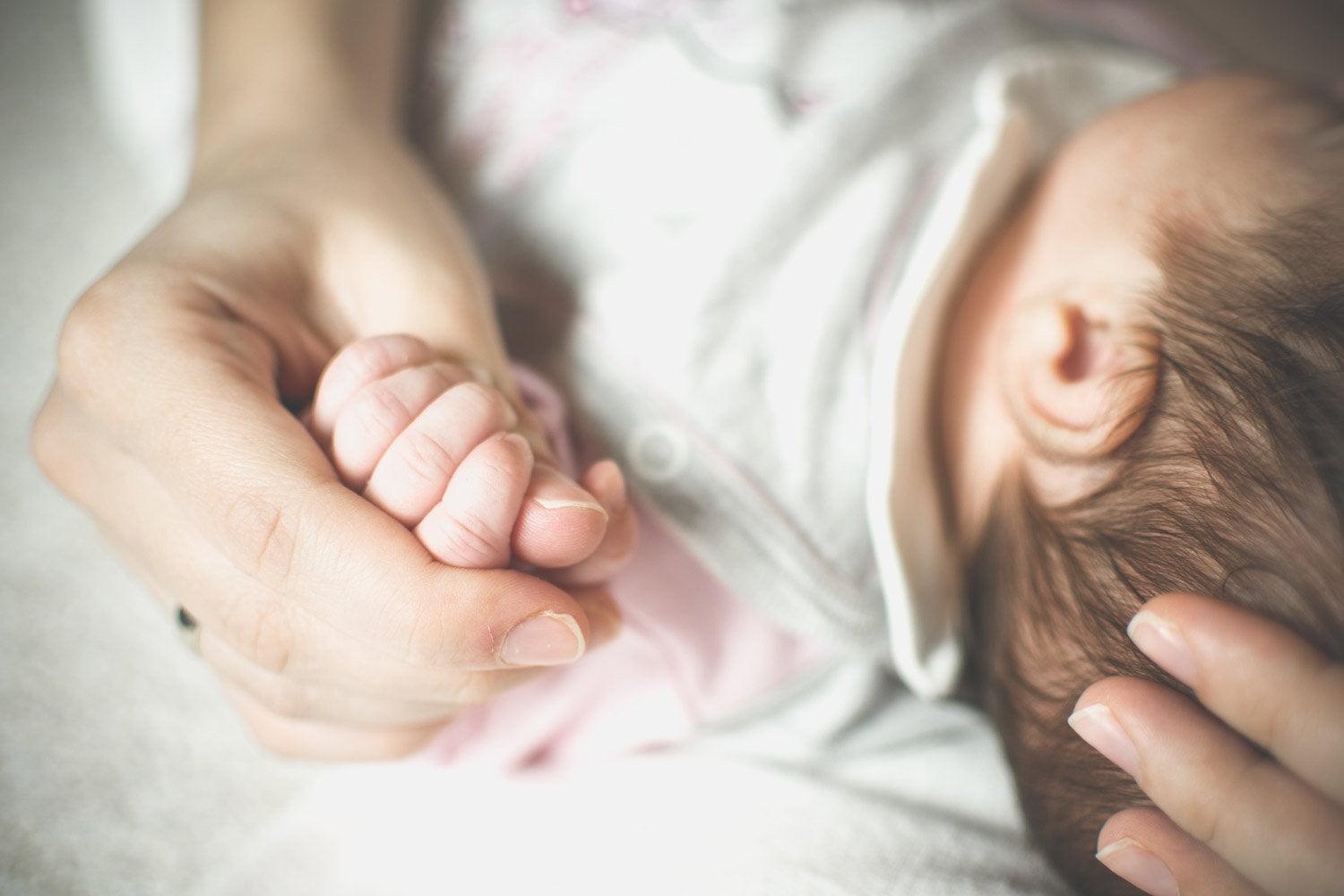I'm deafblind because my mother didn't get the rubella jab – now anti-vaxxers on social media are putting countless children at risk
Half of all parents have been exposed to negative messages about vaccinations, causing them to make dangeous decisions which could have tragic consequences

My name is Emma Blackmore and I’m deafblind. My condition is a result of being born with congenital rubella syndrome (CRS).
I contracted rubella though my mother, who had been exposed to German measles during pregnancy. When she discovered she was pregnant, being of a young age and frightened of the response of those around her, she didn’t tell anyone or receive medical support. Because of this she didn’t receive the rubella vaccination and now I live with a range of complex health and medical needs.
Fast forward 31 years, and I’m now married. I work in Woodside, Bristol, at a day service which supports families and children with complex disabilities, run by the national disability charity Sense. I’m supported by Access to Work and I love my job because it allows me to help people, which has always been my ambition.
I’m happy, but my condition has caused me and my family a lot of pain over the years, and I sometimes think about what things would be like if my mother had been vaccinated and I hadn’t been born with CRS.
It’s why I felt so upset this week reading a new report published by Royal Society for Public Health. It reveals the extent to which false information about the vaccination safety was “breeding” on social media and fuelling parents’ fears about side effects, leading to reduced vaccination rates. For many it will come as no surprise to learn that fake news is rife online, but there are few instances where misinformation is so harmful.
The report contains the findings of surveys of nearly 5,000 people across the UK on their awareness and attitudes towards vaccines, such as MMR, the flu jab and HPV. It includes contributions from 2,600 parents, 2,000 other adults and more than 200 healthcare professionals, such as nurses, pharmacists and GPs.
It found that one in two parents had been exposed to negative messages about vaccinations, and that a fear of side effects was the number one reason why people failed to vaccinate themselves or their children.
On the whole, the report found parents’ attitudes to vaccines were largely positive, with 90 per cent getting their children vaccinated routinely. But roughly one in 10 parents surveyed said they had chosen not to give their child the MMR jab, which protects against measles, mumps and rubella. The main reason given was concerns over side effects.
At the same time we have seen a drop in some vaccinations in England, and a record-breaking measles outbreak that caused hundreds of infections in the UK and tens of thousands across Europe.
Put simply, the spread of misinformation about vaccine safety has seen a reduction in the number of people taking vaccinations, and this in turn poses a great risk to the public’s health.
We are all influenced by headlines in newspapers and online, and it can take a long time to change people’s perceptions. It’s why I feel we must tackle the problem now, and put pressure on technology companies such as Facebook and Twitter to manage content more responsibly, so that reliable health sources are prioritised.

I also think we must do more to raise awareness of the effects of illness such as measles, mumps and rubella. If there was more information out there about what a vaccination prevents, and the impact that illness can have on a child’s life, I feel vaccination numbers would go up. Ultimately, it’s the mother’s responsibility to choose whether to vaccinate or not, and we must say to them: “I know you may have concerns about what a vaccine can cause, but please also look into what it can prevent before making a decision.”
I fear that there are parents out there right now, some vulnerable, feeling scared and alone like my mother, who will act as a result of receiving the wrong information, and they, and their children, will have to live with the consequences.
For more information on vaccination and living with complex disabilities please visit sense.org.uk
Join our commenting forum
Join thought-provoking conversations, follow other Independent readers and see their replies
Comments
Bookmark popover
Removed from bookmarks